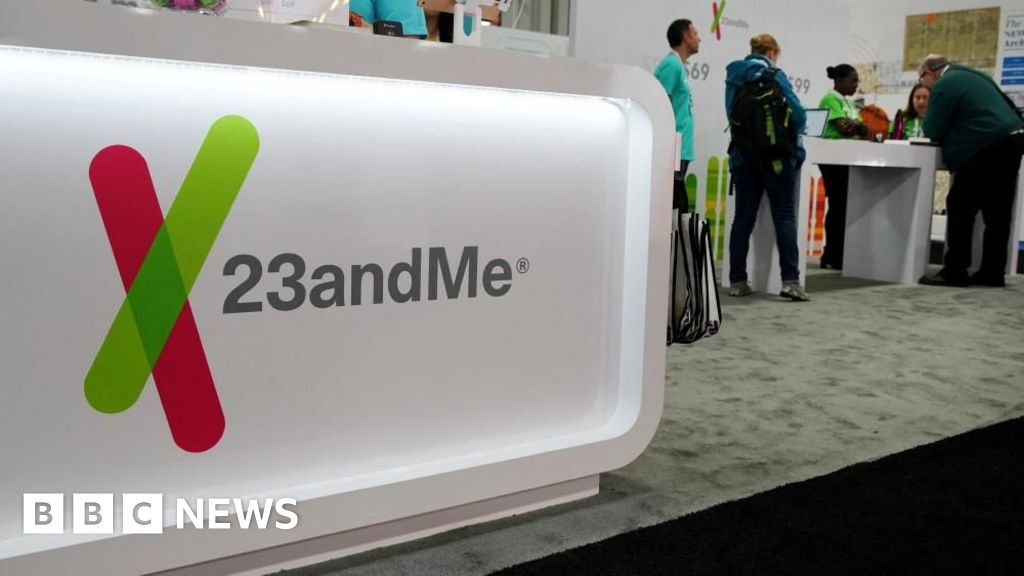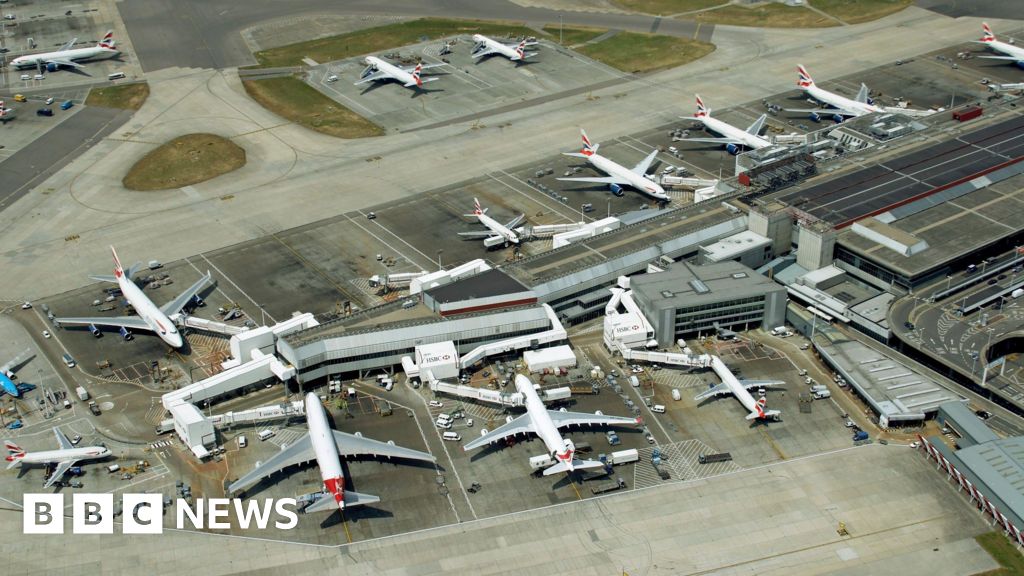As the world becomes increasingly interconnected and technology continues to advance at an unprecedented pace, the impact of artificial intelligence on the future of work has become a topic of intense discussion and debate. AI-driven products and services are reshaping industries and revolutionizing the way we work.
In this rapidly evolving landscape, the role of HR has never been more critical. HR professionals play a pivotal role in leading their organizations through the adoption of AI as new roles and skills emerge, and the need for continued human engagement becomes paramount.
The advent of AI has undoubtedly disrupted traditional job roles and created a demand for new skills. HR professionals must be at the forefront of this transformation, guiding organizations through these changes and equipping the workforce with the necessary skills to thrive in an AI-driven era.
It’s important to understand how AI technologies can augment and enhance your existing HR practices. By embracing AI tools for recruitment, talent management and employee engagement, you can streamline processes, improve decision-making and free up valuable time for more strategic initiatives.
However, the balance between using AI and preserving the human touch is essential. While AI can automate repetitive tasks and provide data-driven insights, it’s the human element that fosters creativity, empathy and critical thinking—the qualities that make us uniquely human. HR must focus on creating a work environment that embraces technology and human connection, leveraging AI technology as an enabler rather than a replacement for human interactions.
HR’s AI priorities
As with any transformative technology, AI also presents risks and challenges that HR professionals must navigate carefully. One of the critical concerns is the potential displacement of jobs due to automation. While some routine and repetitive tasks may be automated, it is essential to recognize that AI creates new opportunities and roles.
HR can be vital in reskilling and upskilling employees to adapt to these emerging roles. By providing continuous learning and development opportunities, HR can empower the workforce to thrive in an AI-driven workplace. This commitment to employee growth enhances their skills and capabilities and fosters a sense of loyalty toward the organization, resulting in greater employee engagement and productivity.
Another significant consideration is the ethical use of AI in HR practices. Prioritize transparency, fairness and bias-free decision-making when implementing AI tools in talent acquisition and performance management areas. HR leaders must work closely with their Legal and Compliance teams to establish guidelines and ethical frameworks to ensure AI is used responsibly and inclusively, mitigating potential bias or discrimination risks.
See also: 3 tips to get started with ethical AI for HR
While integrating AI may present challenges, it opens new possibilities for HR to create strategic value within organizations. AI-powered analytics can give HR professionals unprecedented insights into workforce trends, employee sentiment and performance indicators. By harnessing these insights, HR can make data-driven decisions that positively impact talent acquisition, retention and overall organizational performance.
Additionally, AI technologies can enhance the experience people have within their workplace by personalizing learning and development programs, enabling targeted career paths and fostering continuous feedback and engagement. By leveraging these tools, HR can create a more agile and responsive workplace catering to individual employee needs and aspirations.
The AI revolution is reshaping the future of work, and HR professionals are at the forefront of this transformation. By embracing AI technologies, HR can adapt to the changing landscape, navigate potential risks and unlock strategic value within their organizations. It is essential to strike a balance between AI’s capabilities and the human touch, as the unique qualities of human interaction drive innovation and creativity.
As we progress, HR must evolve and prepare the workplace for change, equipping employees with the necessary skills and fostering a culture that embraces technology and human connection. By doing so, HR can shape a future where AI and humans work together synergistically to drive success.
Credit: Source link











